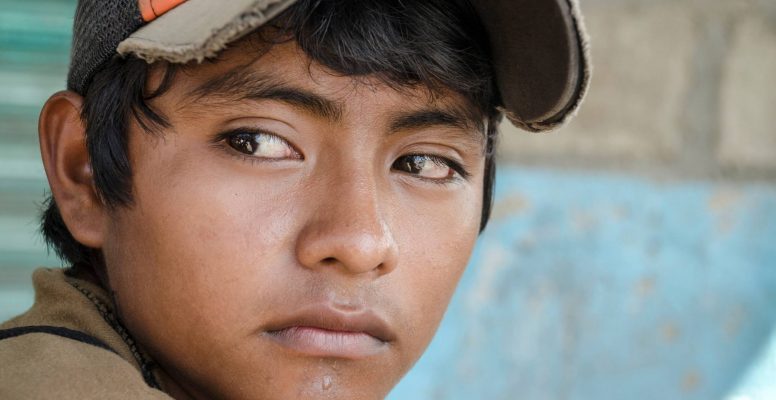Written By: Tracy Kraft, Clinical Trainee at ACS, On-Campus Counseling Program IN TODAY’S DIGITAL WORLD,social media has become a vital tool for teenagers to connect with their peers, share their experiences, and express themselves. While it offers benefits such as social support and online companionship, research increasingly shows that social media can contribute to mental […]
Written By: Julia Albro, Clinical Trainee at ACS, On-Campus Counseling Program ACADEMIC PRESSUREacademic stress are two constructs that heavily apply to the child and adolescent population. They are ones that are not often discussed, with implications that can be physically, emotionally, and mentally harmful for those experiencing them. With the increase in youth’s feelings of […]
Written By: Chandler Cole, Clinical Trainee at ACS, On-Campus Counseling Program It’s a big question,and a lot of young people have the same worries about what they should do as a future career path, what they should study in college, or if they even want to go to college. “What if I don’t like what […]
Written By: Patricia H. Scherer, MS, Clinical Intern at ACS, On-Campus Counseling Program Growing up the child of immigrants can have numerous advantages for some individuals. Immigrant parents from many cultures, including LatinX, Asian, and Eastern European backgrounds, emphasize the importance of family, collectivistic values, and cultural and religious heritage, all of which can buffer […]
Written By: Alonzo Howard, BS, Clinical Intern at ACS, On-Campus Counseling Program negative thoughtsare the leading cause of future episodes of depression. Depressive episodes may occur at any point of the year. However, findings show higher rates of major depressive episodes during November and December. During this season there is an increase in conflict between […]
Written By: Patricia H. Scherer, MS, Clinical Intern at ACS, On-Campus Counseling Program The COVID-19 pandemichas been raising concerns about mental health around the globe. Research indicates that since the onset of the pandemic, psychological distress, including symptoms of anxiety and depression, have been rising in the general population. However, adolescents during the pandemic experience […]
Written By: Ruby Ortiz, Clinical Trainee at ACS, On-Campus Counseling Program a CHILD’S EXPERIENCEwhen immigrating to the United States and adapting to a new reality is often one that is overlooked. However, it is important to know that from 1989 to 2001, the U.S. accepted approximately 400,000 refugee children (Xu, 2007). We should recognize that […]
Written By: Melissa Boutsy, Clinical Trainee at ACS, On-Campus Counseling Program adolescentsexperiencing grief may be at their most vulnerable point in their lives as they work through adolescent challenges and bereavement challenges. The grieving process in adolescents is similar to adults, but we must be mindful of the difference of expression that may show through […]
Written By: Wendy Ortiz-Rodriguez, Clinical Trainee at ACS, On-Campus Counseling Program SOCIAL MEDIAhas become popular over the years and it has become one of the main sources for communication and entertainment. As much as we love to scroll through our electronic devices and keep up with our favorite role models, friends, family and so much […]
Written By: Madeline Lee, Clinical Trainee at ACS, On-Campus Counseling Program journalingis a great, cost-effective therapeutic tool that can be beneficial for a large range of situations. There are studies showing that different populations ranging from young school children to expecting or new mothers benefit from journaling. For instance, the school students reported that journaling […]










